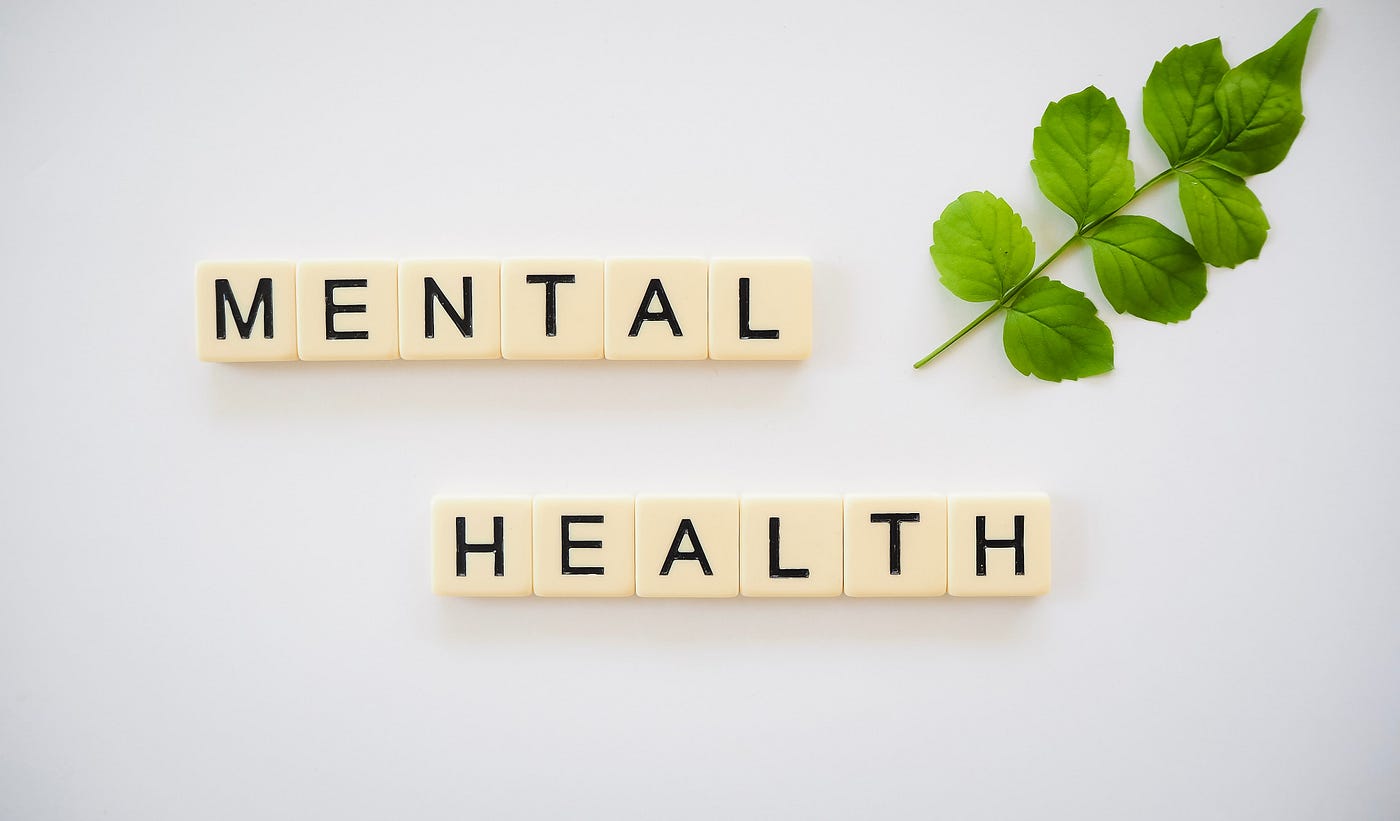Resilience is the ability to recover from setbacks, adapt to change, and keep going in the face of adversity. While it may seem like an innate trait, resilience can be cultivated through positive mental health practices. These practices not only support emotional well-being but also improve overall quality of life.
What Conditions Fall Under Mental Health?
Mental health refers to emotional, psychological, and social well-being and affects how individuals think, feel, and behave. It plays a role in managing stress, maintaining relationships, and decision-making. These conditions vary widely, but they often involve changes in mood, thoughts, or behavior. Common conditions include:
- Anxiety Disorders: These involve excessive fear, worry, or episodes of panic. They may manifest as phobias, generalized anxiety disorder, or social anxiety disorder.
- Depression: Characterized by persistent feelings of sadness, loss of interest in activities, and potential physical symptoms such as changes in appetite or fatigue.
- Bipolar Disorder: This condition includes alternating periods of high energy, mood, and activity (mania) and low energy and mood (depression).
- Post-Traumatic Stress Disorder (PTSD): PTSD develops after exposure to a traumatic event and may include flashbacks or severe anxiety.
- Obsessive-Compulsive Disorder (OCD): OCD involves recurring, unwanted thoughts (obsessions) and behaviors or rituals (compulsions).
- Attention Deficit Hyperactivity Disorder (ADHD): This condition is characterized by patterns of inattention, hyperactivity, and impulsivity that interfere with functioning.
Understanding the scope of these conditions is a key step toward fostering resilience and seeking appropriate support.
How Are They Managed and Treated?
Management and treatment of mental health conditions often involve a combination of approaches tailored to individual needs. Therapy provides a supportive space to explore thoughts, feelings, and behaviors. This can help individuals identify and change thought patterns that influence their emotions and actions.
Specific medications can help manage symptoms of these conditions. Medication decisions typically involve thorough evaluations by healthcare providers. Positive routines and habits offer substantial benefits for mental health. Regular physical activity, adequate sleep, and stress reduction practices can complement other treatments. Management plans are not one-size-fits-all; what works for one person may not be as effective for another. Collaboration with professionals makes sure the strategies chosen align with an individual’s unique needs.
How Do These Practices Build Resilience?
Investing time in mental health practices offers multiple benefits that extend into various aspects of life. These range from daily improvements to resolving issues more adequately as they arise. Some of these include:
- Enhanced Relationships: Healthy mental habits foster better communication, empathy, and understanding, strengthening personal and professional relationships.
- Decreased Risk of Burnout: Building mental resilience helps prevent burnout, especially in high-stress environments. Individuals with a strong mental foundation are better at making healthy decisions and prioritizing areas of life that align with their values.
- Broader Perspective on Challenges: Positive mental health allows individuals to view problems as temporary obstacles rather than insurmountable roadblocks.
The benefits reinforce why this care is a significant part of holistic wellness. Resilience through these practices can empower individuals to face life’s challenges, adapt effectively to change, and thrive.
Make an Appointment With a Therapist
Taking proactive steps to prioritize your mental health can lead to profound, lasting improvements in your overall well-being. If you are uncertain about which practices to explore or need additional guidance, therapists are valuable guides in this process. They can work with you to tailor strategies that fit your life and goals. A meaningful conversation with a professional could be the first step toward better relationships, improved productivity, and enhanced well-being.
- mylovelyfurryfriend discover expert tips on dog health
- Infectious Diseases Updates – Stay Informed, Stay Protected!
- Wegovy For Weight Loss – A Breakthrough in Managing Obesity!
- Emergency Medicine Forum – A Hub for Fast-Paced Knowledge, Support & Updates!
- Pediatrics Discussions – Insights, Challenges, and Expert Advice for Better Child Health!





Leave a Reply